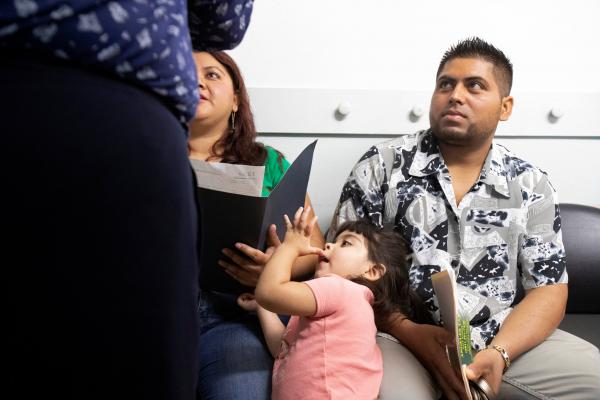Aug 22, 2019
The Trump Administration has just taken its most consequential step to date to limit avenues to legal migration and permanent resident status in the United States.
Read the Full Article

Already a subscriber? Login

The Trump Administration has just taken its most consequential step to date to limit avenues to legal migration and permanent resident status in the United States.
